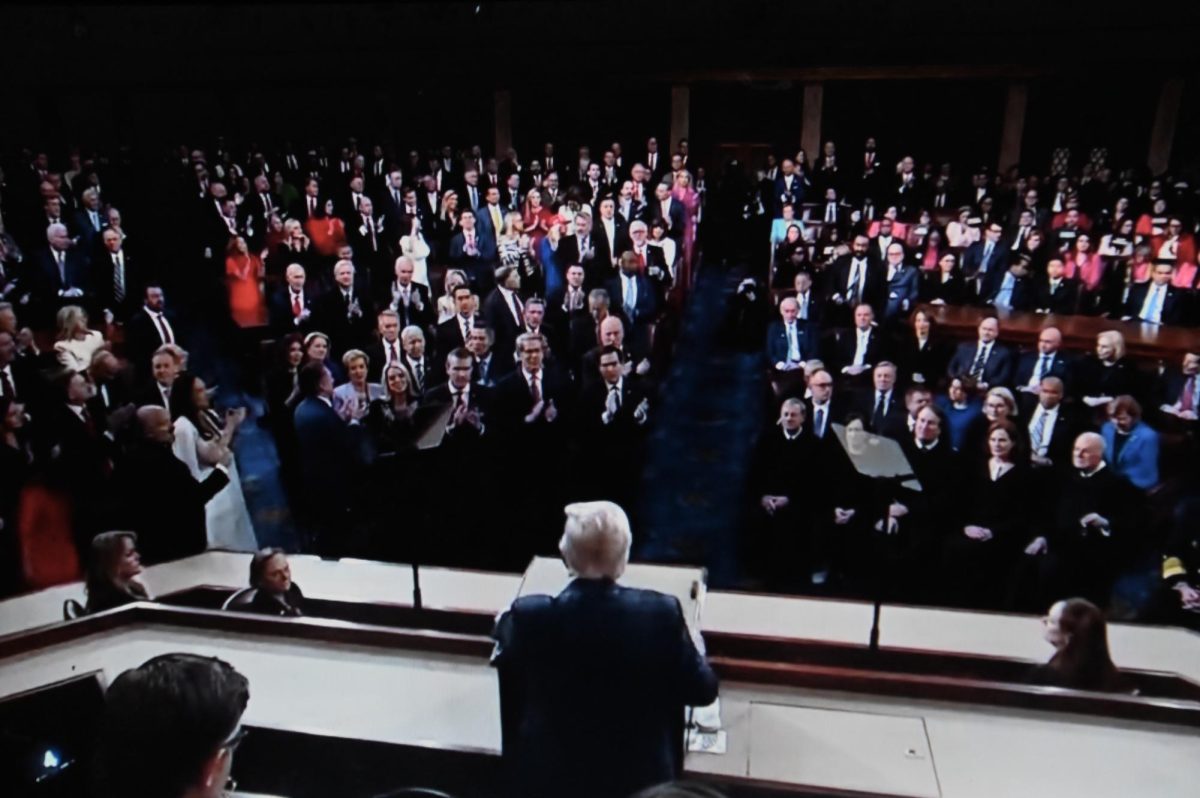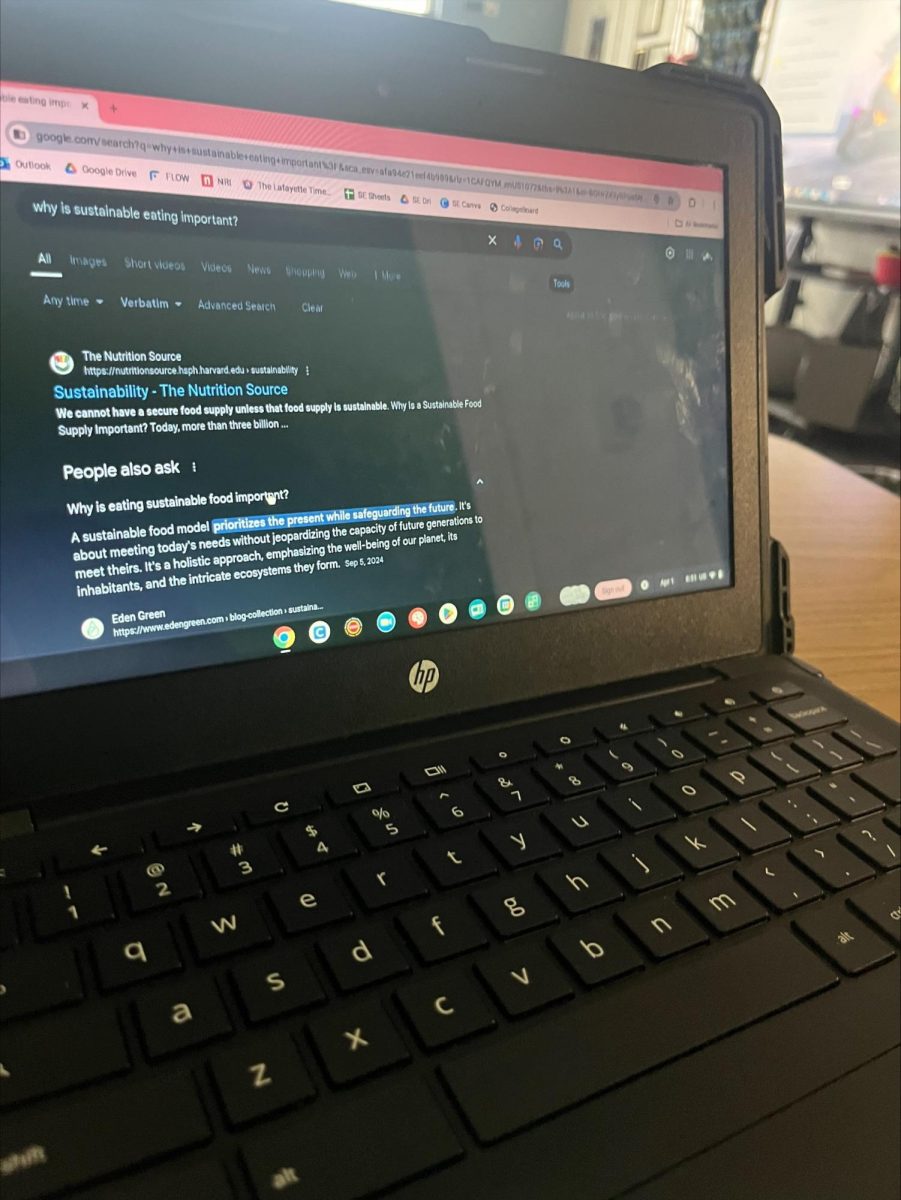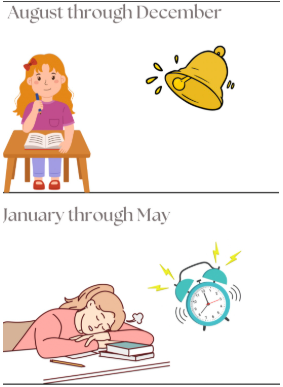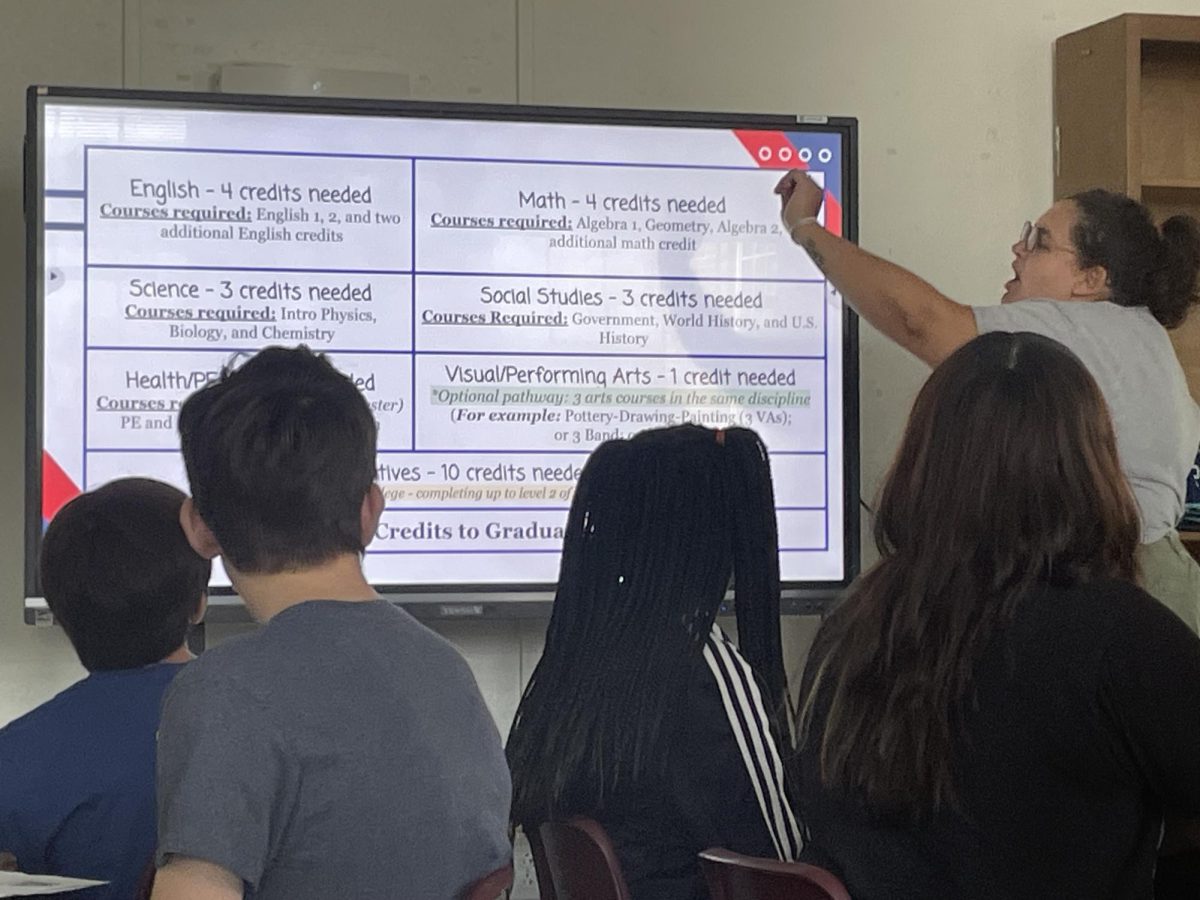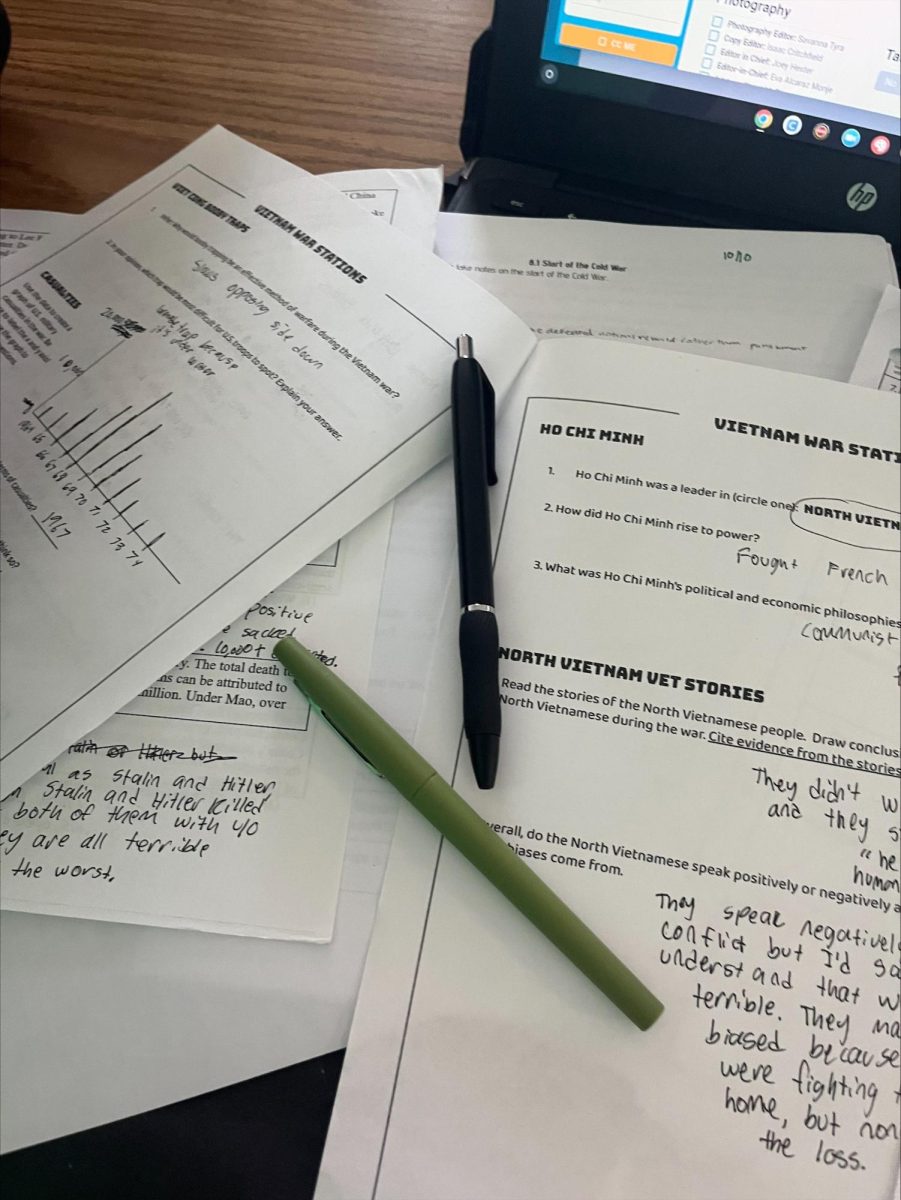As we move further into 2025, the world stands at a crossroads of innovation, uncertainty, and transformation. With major elections on the horizon, shifting global economies, and the ever-present challenges of climate change, the months ahead promise to be nothing short of eventful. In this article, we break down key predictions for the rest of 2025, exploring trends in technology, economics, entertainment, and beyond. Buckle up—because the future is closer than you think.
The Department of Education has announced plans to lay off nearly half of its workforce, affecting approximately 1,300 federal employees. This move aligns with the Trump administration's agenda to reduce federal departments and transfer responsibilities to states. In addition to the layoffs, the administration has outlined a broader plan to dismantle the Department of Education entirely, shifting its remaining functions to state governments and other federal agencies. This restructuring aims to decentralize education policy, giving states greater control over curriculum standards, funding distribution, and accountability measures.
The significant staff reduction may lead to policy implementation and oversight challenges. States will likely face increased pressure to manage educational programs, potentially resulting in disparities in educational quality across regions. Debates over federal versus state control of education are expected to intensify, influencing future policy decisions.
The ongoing trade war with Canada has escalated, with the U.S. imposing a 25% tariff on imported steel and aluminum. In response, Canada has maintained retaliatory tariffs on U.S. goods. Kentucky Governor Andy Beshear wants Canadian leaders to reconsider their retaliatory tariffs on American liquor, including the state’s signature bourbon. Beshear expressed concern that these trade retaliations could harm Kentucky's economy and bourbon industry. Canadian leaders have targeted Kentucky bourbon in response to U.S. tariffs, with some provinces even removing American liquor from store shelves. The move has raised alarms among bourbon producers who fear for the future of their businesses.
These escalating tariffs will likely strain economic relations between the two countries, affecting industries reliant on these materials. Prolonged trade tensions could lead to increased consumer prices and disruptions in supply chains. Both nations may seek negotiations to alleviate economic pressures, but a swift resolution appears unlikely in the short term.
The 2025 London Summit on Ukraine brought together international leaders to draft a peace plan addressing the Russian invasion of Ukraine. The summit emphasized maintaining military aid to Ukraine and increasing economic pressure on Russia.
The summit's outcomes may lead to a more coordinated international effort to support Ukraine, potentially resulting in increased military and economic aid. However, the success of these initiatives will depend on the commitment of participating nations and Russia's response to intensified pressure. The conflict's resolution remains uncertain, with the potential for either de-escalation or further escalation in the coming months.
Peter Dutton, leader of Australia's opposition, is under pressure from within his party to adapt their strategy following Prime Minister Anthony Albanese's decision to delay elections in favor of focusing on the upcoming budget. With the budget scheduled for March 25th, the Coalition MPs are urging a shift toward substantive policies to regain voter support. Coalition MPs are expressing concerns about the party's current strategies and are urging a shift toward substantive policies to regain voter support.
Internal discussions highlight the need for a robust economic agenda to present a compelling alternative to the Labor government. Criticisms have been directed at opposition Treasury spokesman Angus Taylor, with some MPs describing his approach as ineffective and reactive. Additionally, there is debate within the Coalition regarding the extension of electricity rebates, balancing economic policy with the necessity to support families facing financial challenges.
Overall, the party acknowledges significant work is required to address internal divisions and appeal to disillusioned voters ahead of the upcoming election. Dutton has maintained a lead in the polls, partly due to Albanese's missteps, but as elections approach, the Coalition aims to present a compelling alternative. Labor is expected to continue personal attacks against Dutton while struggling to promote its policies. The Coalition plans to showcase major policies after the budget, emphasizing cost-of-living measures and other voter-relevant issues.
There's a push within the Coalition to move from political rhetoric to substantial policy discussions to secure critical seats and potentially form a minority government. If Dutton successfully shifts the Coalition's focus to substantive policy discussions, they may regain support from disillusioned voters. However, failure to adapt could result in lost seats and prolonged opposition status.
The U.S. House of Representatives has passed a short-term funding bill to avert a government shutdown, now awaiting Senate approval. This stopgap measure highlights ongoing volatility and uncertainty in Washington's policy environment. The U.S. House of Representatives recently passed a short-term funding bill to avert a government shutdown. The Senate approved this six-month spending bill on March 14, 2025, with a 54-46 vote, narrowly avoiding a government shutdown. President Donald Trump signed the bill into law later that day, ensuring government operations continue through the end of September.
The passage of this bill has sparked internal debates within both parties. Senate Minority Leader Chuck Schumer faced criticism from progressive Democrats for supporting the Republican-crafted spending bill. Despite calls for his resignation, Schumer defended his decision, emphasizing the need to prevent a government shutdown that could harm vulnerable Americans relying on federal programs. This stopgap measure underscores the ongoing volatility and uncertainty in Washington's policy environment, highlighting the challenges lawmakers face in reaching consensus on long-term fiscal strategies.
If the Senate approves the funding bill, a shutdown will be temporarily averted, but underlying issues may resurface, leading to future budgetary conflicts. Failure to pass the bill could result in a government shutdown, disrupting federal services and impacting public trust in governmental efficacy. On March 14, 2025, the U.S. Senate approved a six-month funding bill, narrowly avoiding a government shutdown. The bill passed with a 54-46 vote and was signed into law by President Donald Trump, ensuring government operations continue through September 30, 2025. While this measure temporarily prevents a shutdown, underlying fiscal disagreements persist. These unresolved issues may lead to future budgetary conflicts as the new deadline approaches. Failure to address these disputes could result in disruptions to federal services and erode public trust in governmental efficacy.
As 2025 unfolds, the political and cultural landscape remains dynamic, shaped by ongoing conflicts and policy shifts. In politics, figures like Peter Dutton and U.S. lawmakers face critical turning points determining their influence and future success. Whether through political maneuvering or creative expression, this year is poised to bring challenges and triumphs, shaping the trajectory of the years to come.
What Could the Rest of the Year Look Like Politically?
More to Discover
About the Contributors

Matthew Rowe, Staff Writer
Matthew Rowe is a junior, and this is his first year at the Times. He loves writing about film entertainment, art, and theater. You can see him at Film Club in Mr. Gross’ class and GSA. In his free time, he loves making and watching movies. You can check out his works on the recently published YouTube channel, Rorschach Productions, where you can now watch his first short film “Love Never Dies”.

Lorelei Brown, Staff Writer
Lorelei Brown is a freshman at Lafayette and is very pumped to be a new writer for The Times. When she’s not writing for The Times, you can find her at Diana Evans School of Dance, doing what she loves most. Lorelei loves playing with her dog Archer and hanging out with her sister Stella. She hopes to write about music and dance this year.

